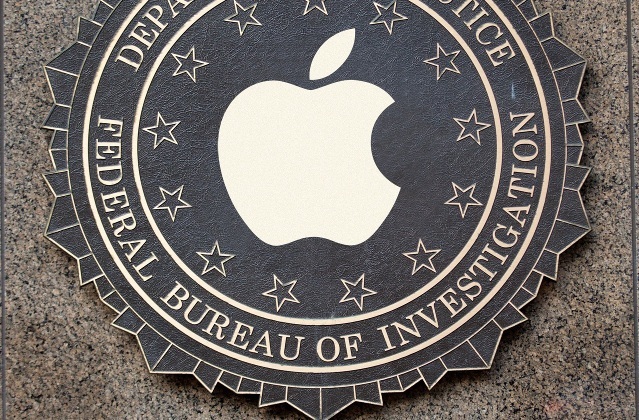Apple has actually officially added a questionable security function, USB Restricted Mode, to iPhones as part of its brand-new iOS 11.4.1, launched on Monday.The feature
eliminates the notorious iPhone USB access feature, shutting out hackers– however likewise possibly police– from accessing a locked phone’s information via the gadget’s port.iPhone users
who upgrade their devices can now see a new control for USB Accessories under their Settings>> Touch ID & & Passcode alternative. The switch is now switched off by default– meaning that an hour after the iPhone has been locked, the phone’s Lightning port (its charging and data port) will instantly lock.The brand-new function suggests that users can still charge their phones, however will not have the ability to continue to move data to and from their gadget until they get in a passcode.When the feature was first exposed in June, an Apple representative told Threatpost that the company had actually desired to include additional mitigation which would remove the USB as an attack surface when clients don’t require it, without negatively impacting the user experience.However, the relocation likewise escalates a longstanding dispute between Apple and law enforcement, which peaked
in 2016, when Apple chose not to comply with an FBI demand to assist unlock the iPhone of the San Bernardino gunman who killed 14 people in 2015. Apple’s brand-new feature effectively obstructs off several gadgets (a few of which have been used by federal law enforcement agencies )that have been created to hack into iPhones through the Lightning port.One such example are Cellebrite’s UFED devices, which are forensic tools for iPhones and iPads that can reportedly open iOS devices.Another device, called the GrayKey box, has actually been known to unlock iPhones utilizing the Lightning port to install software application that cracks the passcode of an iOS gadget. Reports have actually discovered that several federal firms– such as the FBI and other law enforcement– have actually utilized the gadget, made by a business called Grayshift, to unlock up-to-date iPhones.Grayshift, for its part, reportedly claimed that it has actually found a workaround to Apple’s service, according to a report by Motherboard in June.While these devices supply important options for police who may need information hidden away on iPhones,”It remains in Apple’s finest interest to safeguard the personal privacy of its users, and it remains in the best interest of police to support their examinations in the very best way possible,”Troy Kent, risk scientist at Awake Security, informed Threatpost.” Sadly, securing the privacy of law abiding consumers also secures the privacy of crooks but it’s not like this is a brand-new argument. It’s akin to the concern as to whether we must just surveil the basic population due to the fact that it would capture criminal offense, regardless of the effect the lack of privacy has on everyone else.”Apple has actually officially added a questionable security feature, USB Restricted Mode, to iPhones as part of its new iOS 11.4.1, launched on Monday.
